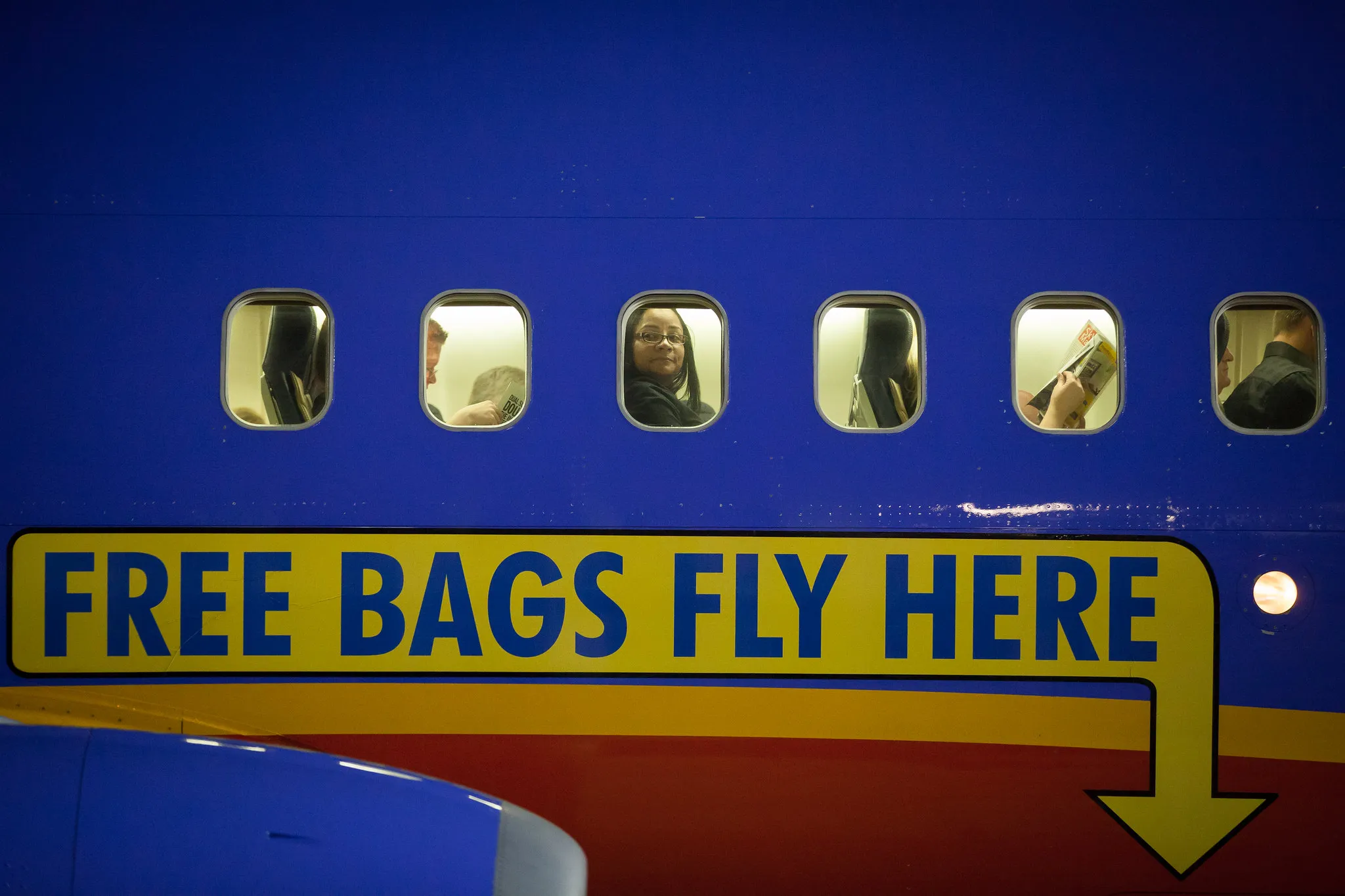Why Winning Offline Engagement Will Soon Become the New Battleground for Hotel Distribution in China

Skift Take
This sponsored content was created in collaboration with a Skift partner.
Online to Offline, often referred to as O2O, is nothing new to the hotel industry. Hotel electronic distribution is most likely the oldest success story in O2O. OTAs were the biggest winners in the Online to Offline battle. The Priceline Group, for example, has a market cap bigger than that of Hilton, Marriott and Starwood combined.
While the battle for online attention, traffic, and bookings continues, a new battle is brewing over winning offline guests and turning them into online bookers.
Consider the following two scenarios:
1. A would-be walk-in guest, before approaching the front desk, pulls out a cell phone, opens an OTA app, and makes a reservation right in the hotel lobby.
2. A guest discovered a hotel via search, and booked on an OTA site. While staying at the hotel, he is intrigued by the services offered through the hotel’s mobile app and downloads the app. The app makes his stay a lot more enjoyable, and the engagement continues after he checks out. He recommends the hotel to his friends on social networks and books with the hotel directly within the app the next time he comes back in town.
In both scenarios, an offline guest turns into an online booker. While OTAs overpower most hotel companies in online marketing, hotels have the upper hand in engaging guests staying at their properties. Winning this new battle for offline guests is so strategically important; it may define the travel distribution landscape for many years to come.
In China, the internet giants have had a head start. In an effort to boost their O2O prowess, the BAT trio (Baidu, Alibaba, Tencent) have been actively investing in online travel companies. Tencent had invested in Expedia subsidiary eLong quite some time ago. Recently it has invested over US$500 million into Ly.com, an OTA that has a significant share of the online ticketing business for attractions. Additionally, Tencent has invested into Dianping.com, a restaurant review site similar to Yelp. Soon after receiving the investment, Dianping announced that it will enter the hotel review business, with an aim to compete with Tripadvisor in China. Alibaba had recently invested into Byecity, an online travel agency focused on the outbound travel market. This was in addition to its investments into travel media site Qyer and travel mobile application On the Road. Baidu controls Chinese travel meta search engine Qunar, and is rumored to being actively looking to expand its share of control of online travel market.
Leading Chinese OTAs have invested heavily in mobile, and are seeing up to 30% of hotel bookings from their mobile channels. After the consolidation dust settles, and with the support of BAT, the OTAs are expected to accelerate their efforts to win the O2O race.
To help hotel companies geared up for success in the offline to online battle in China, Dragon Trail Interactive has developed a suite of solutions targeting guests in the post booking phases of the path to purchase. The solutions range from mobile app development, to mobile presence on Weibo and WeChat, to mobile check-in, to in-hotel mobile service delivery, to integrated social CRM. All solutions focus on providing guests with a reason to engage and a reason to book direct.
Many hotel companies struggled in the online to offline distribution battle. With the upper hand in engaging offline guests and converting them into online bookers, hotels companies cannot afford to lose the O2O battle.
This content is created collaboratively in partnership with our sponsor, Dragon Trail





